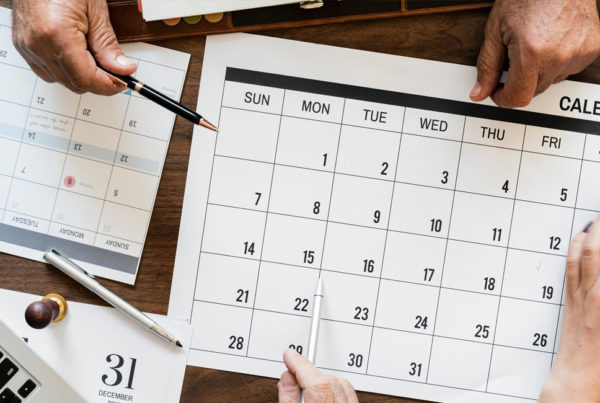Understanding the need to recover unsecured debt.
Seeing the credit collection letter when you open the mailbox is a daunting feeling. Their methods seem aggressive, sometimes even threatening. This is because debt collections have to be made for this agency to recoup their cost. After all, they likely purchased your debt from the original creditor, albeit for a fraction of the original amount. Their inability to recover the debt from you results in unpaid unsecured debt, and a loss for the company.
If you have debt in collections, it’s hurting your credit. So, if you want to understand what unsecured debt is, how it affects your credit score and how you can avoid or get out of collections, read on:
What are Unsecured Debts?
Before we go into detail about how collections hurt your credit, you need to understand the concept of unsecured debt. Unsecured debt is any debt that is not backed by collateral and is only based on your credit worthiness, your word, or both.
So, unlike secured debt where the lender can repossess your asset used as collateral, unsecured debt can only be recovered monetarily from the borrower. The original creditor that extended you the credit is now facing a loss. They have not received payment from you, and have no collateral to recoup. When they deem an account “uncollectible”, they sell the account to a collection agency for a fraction of the amount owed.
Your debt is now with a collection agency, who has purchased it from the original lender. This collection agency will now pursue the debt from you, usually aggressively. This process could repeat multiple times. Once the collector that bought the debt has given up, they may sell it to another agency, at an even further reduced rate. This is why the company contacting you regarding a debt changes after a period of time. Obviously, this is not an ideal situation to be in, but it’s important to understand how this is going to impact your credit.
How Defaulting on Unsecured Debt Impacts Your Credit Score?
So now that you know what unsecured debt is, you should have a look at a few factors that arise when your unsecured debt goes into collections:
Credit Collection: When you default on your unsecured debt, eventually your debt goes into collections. You’ll generally know this has happened when the letters and calls from the collection agency begin. And when that happens, the collections are added on your credit report where they stay for up to seven years if not paid.
Lawsuits: If the lenders are not paid their money, they can file a lawsuit. Without collateral to recoup, the lender can sue you personally for the debt. This lawsuit can result in a civil judgment, having a big impact on your credit score.
Reported Late Payments: Even if you are paying your unsecured debt and you make a few late payments, the lender can report them. And the reported late payments also result in loss of credit score points. This is especially true if your payments are 30, 60 or 90+ days late.
How to Avoid Debt Collections on Unsecured Debts?
There are a few things that you can do to avoid getting the debt collector on your back. Have a look at them below:
Pay on Time: The first thing to do is obvious; pay your debts on time. You can make a payment plan, show it to the lender and stick to it. A collection agency is likely to work with you if they see you have a plan to repay the debt.
Negotiate with the Lender: You can also ask your creditor to let you pay a smaller lump sum in a single payment. If they agree, gather some funds by selling a few things and pay the debt. Be sure to always get this agreement in writing from the collection agency to protect yourself. It’s also a good idea to ensure the agency will report the defaulted credit as paid to the credit bureaus.
Debt Settlement: One of the best ways to avoid seeing collection letters is by entering a debt relief program. You can hire a professional company and let them negotiate the debt for you. A good settlement company will drastically reduce your debt amount, time of repayment and interest rates. Of course, keep in mind, it comes with a temporary credit ding.
Final Words:
Make sure to never let your debt go into collections in the first place. Easier said than done, but it is the ultimate goal. Our advice as always is to seek council with a professional debt consultant if you’re currently troubled by unsecured debt.




